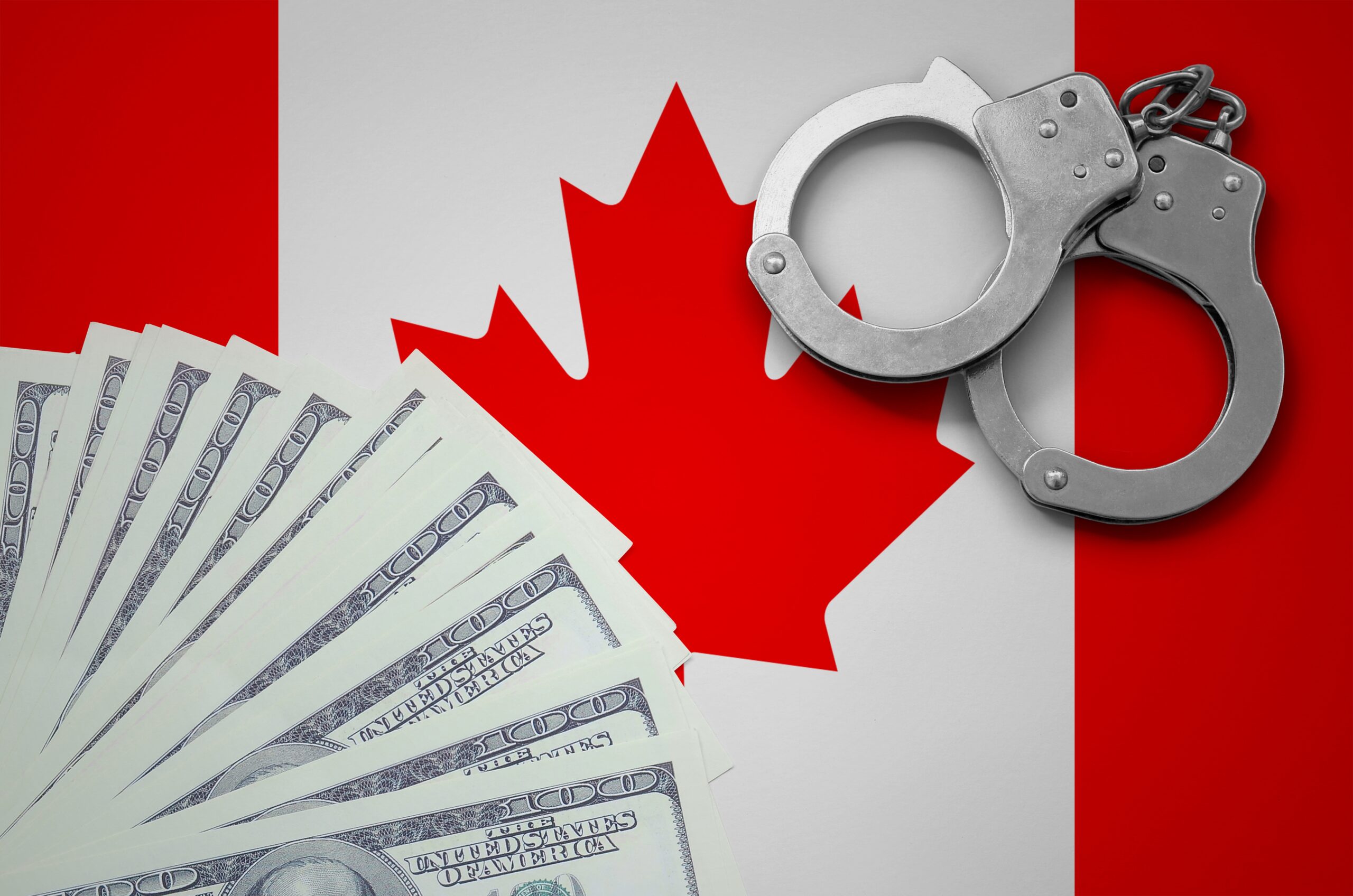Canada’s Justice System: An Overview
Introduction
The Canadian justice system is built on the rule of law, meaning that everyone, including individuals and institutions, is subject to the law, and no one is above it. This system is designed to ensure that justice is administered fairly, impartially, and in a timely manner. Comprising various institutions, laws, and processes, the Canadian justice system addresses both criminal and civil justice matters. While it effectively protects the rights and freedoms of Canadians and maintains public safety, there are challenges that require continuous reforms for improved efficiency, accessibility, and accountability.
Structure of the Canadian Justice System
The Canadian justice system consists of three main components:
- The Court System
- The Criminal Justice System
- The Civil Justice System
The Court System
Canada’s court system is structured at both the federal and provincial/territorial levels. The Supreme Court of Canada is the highest court in the country and has the responsibility of interpreting the Canadian Constitution and ensuring the constitutionality of laws. Other key federal courts include:
- Federal Court of Canada
- Tax Court of Canada
- Canadian International Trade Tribunal
At the provincial and territorial levels, courts are categorized based on jurisdiction, such as:
- Superior courts (for serious criminal and civil cases)
- Provincial courts (handling less serious cases)
- Small claims courts (for low-value civil disputes)
Each province and territory operates its own system, with the jurisdiction of courts based on the severity and nature of the case.
The Criminal Justice System
The criminal justice system is designed to enforce criminal laws and punish those who break them. It includes several key actors:
- Police: Investigate crimes, arrest suspects, and maintain public order.
- Crown prosecutors: Prosecute criminal cases on behalf of the government.
- Defense lawyers: Represent the accused in criminal trials.
- Judges: Preside over criminal trials, make rulings on guilt or innocence, and issue sentences.
- Correctional institutions: House and rehabilitate offenders. Canada’s criminal justice system places a strong emphasis on rehabilitation and reintegration over mere punishment.
The Civil Justice System
The civil justice system deals with disputes between individuals or organizations that arise from private legal relationships, such as contracts, property, and personal injury claims. The civil justice system offers mechanisms like mediation and arbitration for more efficient resolution of disputes, and small claims courts handle cases involving smaller sums of money.
Detailed Guide on Canadian Citizenship Requirements
Introduction
Becoming a Canadian citizen is a goal for many people due to Canada’s high quality of life, diverse culture, and natural beauty. If you are considering Canadian citizenship, it’s important to understand the eligibility criteria, which include residency, language proficiency, and other factors. This guide will walk you through the necessary requirements.
Residency Requirements for Canadian Citizenship
To apply for Canadian citizenship, you must have lived in Canada as a permanent resident for at least three years (1,095 days) out of the last five years before applying. Notably, if you spent time in Canada before becoming a permanent resident, half of that time can count toward meeting this requirement, but only up to a maximum of one year.
Language Requirements for Canadian Citizenship
You must demonstrate proficiency in either English or French at a basic level. This includes being able to:
- Hold a basic conversation
- Understand simple instructions
- Write simple sentences
To prove your language proficiency, you will need to take an approved language test.
Criminal Record Checks for Canadian Citizenship
Applicants must not have a criminal conviction. A police certificate will be required as part of your application to show that you do not have a criminal record. If you have a minor offense, such as a traffic violation, you may still qualify, but serious offenses may disqualify you.
Other Requirements for Canadian Citizenship
In addition to residency and language requirements, the following are also essential:
- Knowledge of Canada: You must demonstrate knowledge of Canada’s history, geography, government, and economy by taking a citizenship test.
- Proof of Identity: You must provide two forms of identification, including at least one government-issued photo ID.
- Taxes: You must have filed taxes in at least three of the last five years before applying.
Conclusion
Becoming a Canadian citizen is a rewarding process, but it is important to understand the requirements before starting your application. From residency to language proficiency and criminal background checks, this guide provides a clear overview of the main criteria for eligibility. If you’re thinking about applying for Canadian citizenship, it may be beneficial to consult an immigration lawyer or licensed consultant to help navigate the application process and ensure you meet all the necessary requirements.
